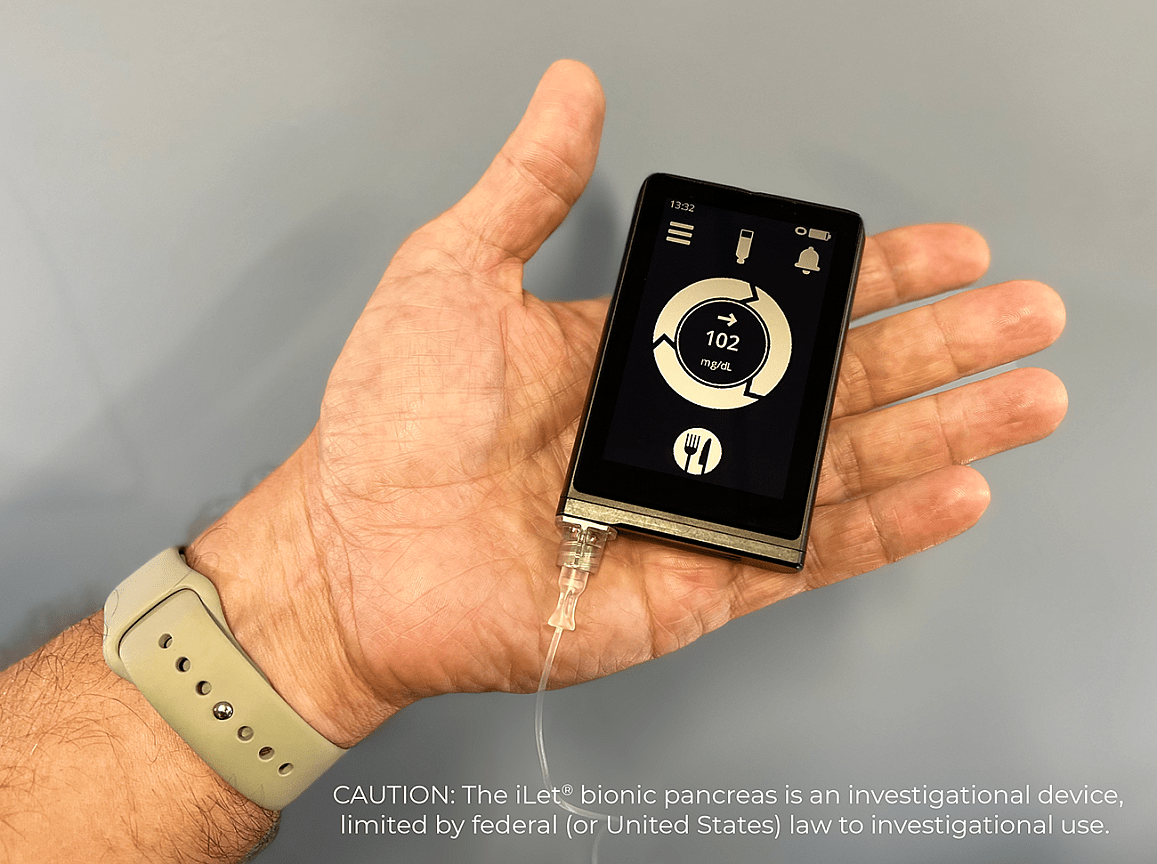
The US National Institutes of Health (NIH) said that a multicentre clinical trial that was primarily funded by it demonstrated that a bionic pancreas device was more effective in maintaining blood glucose levels in people with type 1 diabetes compared to standard insulin delivery methods.
The bionic pancreas device is said to use next-generation technology to automatically deliver insulin.
According to the NIH, automated insulin delivery systems, which are also called closed-loop control systems or artificial pancreas, keep a track of the levels of blood glucose using a continuous glucose monitor and automatically deliver the hormone insulin when required with an insulin pump.
The funding of the trial by NIH was made through its National Institute of Diabetes and Digestive and Kidney Diseases (NIDDK). The bionic pancreas devices in the study were provided by Beta Bionics.
NIDDK diabetes technology programme director Guillermo Arreaza-Rubín said: “Keeping tight control over blood glucose is important in managing diabetes and is the best way to prevent complications like eye, nerve, kidney, and cardiovascular disease down the road.
“The bionic pancreas technology introduces a new level of ease to the day-to-day management of type 1 diabetes, which may contribute to improved quality of life.”
The 13-week trial at 16 locations across the US featured 326 participants aged between 6 and 79 years, who had type 1 diabetes and had been on insulin for at least one year.
NIH said that all the participants were randomly allocated to either a treatment group using the bionic pancreas device or a standard-of-care control arm using their personal pre-study insulin-delivery method.
In the study, every participant in the control group received a continuous glucose monitor and almost a third of the control group used commercially available artificial pancreas technology.
It was found that glycated haemoglobin decreased from 7.9% to 7.3% in patients using the bionic pancreas device, which remained unchanged among the standard-of-care control group.
The participants in the bionic pancreas group stayed within the targeted blood glucose range for 11% longer than those in the control group.
NIH said the findings were similar in both youth and adult participants, and those who had higher baseline blood glucose levels experienced the largest gains in blood glucose management.






